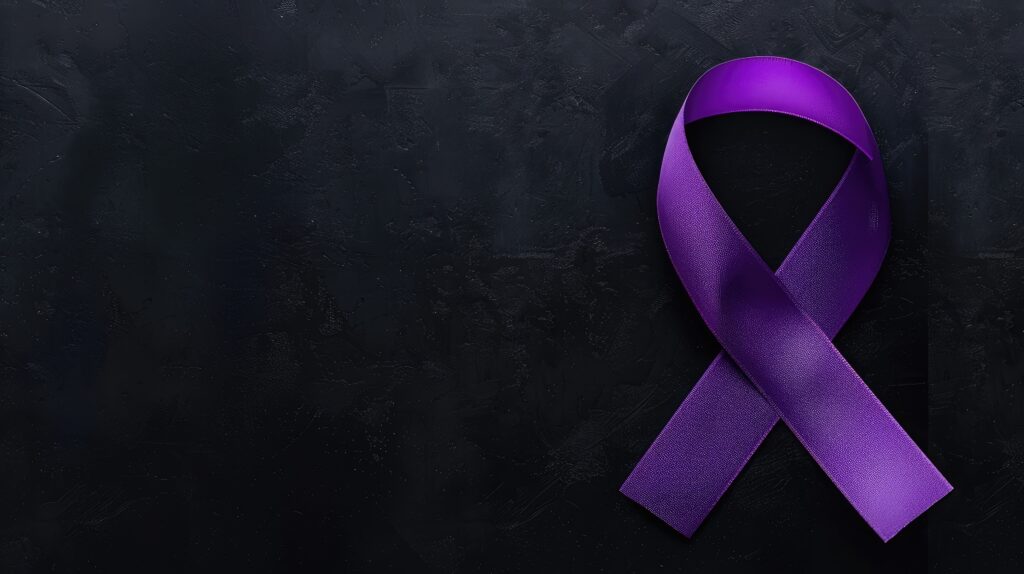August 31st marks Overdose Awareness Day, a time dedicated to raising awareness about the devastating impact of drug overdoses and the importance of prevention, education, and support for those affected. As we observe this day, it is crucial to recognize that the overdose crisis touches every community, every family, and every individual, regardless of background or circumstance.
The Overdose Crisis: A Growing Concern
In recent years, the overdose crisis has escalated, with opioids—both prescription and illicit—playing a central role. According to the Centers for Disease Control and Prevention (CDC), nearly 92,000 drug overdose deaths occurred in the United States in 2020 alone, the highest number ever recorded. This alarming trend highlights the need for immediate action and sustained efforts to combat this public health emergency.
The Importance of Awareness and Education
Overdose Awareness Day serves as a reminder that overdose is preventable. Education is a powerful tool in preventing overdoses, reducing stigma, and encouraging individuals to seek help. Understanding the signs of an overdose, knowing how to respond, and being aware of the resources available can make a life-saving difference.
Stigma remains a significant barrier to treatment and recovery. Many individuals struggling with substance use disorder (SUD) feel ashamed or afraid to seek help, fearing judgment or discrimination. By fostering open conversations about addiction and recovery, we can challenge these stigmas and create a more supportive environment for those in need.
Naloxone: A Lifesaver in the Fight Against Overdose
One of the most effective tools in preventing overdose deaths is Naloxone, a medication that can rapidly reverse the effects of an opioid overdose. Naloxone is widely available and can be administered by anyone, making it a critical resource in saving lives. Community education on how to use Naloxone and ensuring its availability are essential steps in reducing overdose deaths.
Comprehensive Healthcare’s Commitment to Support and Recovery
At Comprehensive Healthcare, we are dedicated to providing support, treatment, and hope to individuals struggling with substance use disorders. Our programs offer a range of services, including prevention, early intervention, treatment, and recovery support. We understand that each person’s journey is unique, and our compassionate, evidence-based approach is tailored to meet the needs of those we serve.
How You Can Make a Difference
Overdose Awareness Day is not just about reflecting on the lives lost to overdose; it is also a call to action. Here’s how you can get involved:
- Educate Yourself and Others: Learn about the signs of overdose, how to use Naloxone, and the resources available for those struggling with addiction. Share this knowledge with your community to help break down stigma and encourage open conversations.
- Support Those in Recovery: Whether it’s through volunteering, donating, or simply offering a listening ear, your support can make a significant impact on someone’s recovery journey.
- Advocate for Change: Support policies and initiatives that promote harm reduction, increase access to treatment, and address the root causes of addiction.
- Remember and Honor: Take a moment to honor the lives lost to overdose and support those who continue to struggle. Lighting a candle or sharing a message on social media can help raise awareness and show solidarity.
A Message of Hope
While the overdose crisis is daunting, there is hope. With increased awareness, education, and access to resources, we can turn the tide on this epidemic. Overdose Awareness Day is a reminder that every life is valuable and that recovery is possible. By coming together as a community, we can save lives and support those on the path to recovery.
If you or someone you know is struggling with substance use, reach out to Comprehensive Healthcare. We are here to help, every step of the way.



